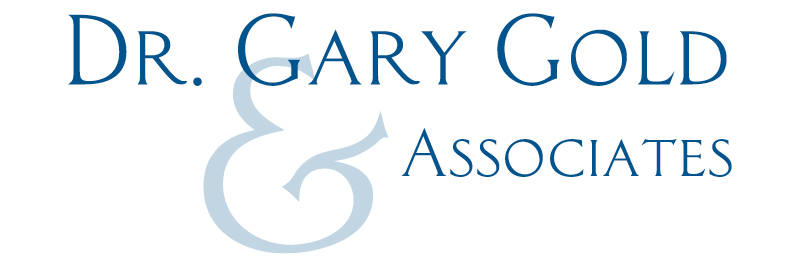
Pregnancy is a miraculous journey filled with anticipation and transformation. As your body nurtures a new life, you might notice unexpected changes. Did you know that pregnancy can also influence your eye health? During Women's Eye Health and Safety Month, we want to help you understand these changes and how to care for your eyes as you prepare for motherhood.
Vision Changes in Pregnancy: What to Expect and How to Adapt
Pregnancy is a period of remarkable change, not just for your body but also for your vision. The hormonal and physical shifts that accompany pregnancy can impact your eyesight in various ways. While most vision changes during pregnancy are minor and temporary, resolving after your baby's arrival, it's essential to be aware of them and understand when medical attention may be necessary.
Dry eyes may become more common, making contact lenses feel uncomfortable. Utilizing artificial tears can help soothe this irritation. Choosing eye drops compatible with contact lenses and approved for use during pregnancy is essential.
Fluid retention is another side effect of pregnancy that can temporarily alter the thickness and shape of your cornea, sometimes causing blurred vision. If these changes affect your daily life, a discussion with your doctor may be necessary. It's advisable to avoid LASIK surgery or getting new contact lenses during pregnancy, as these vision changes are typically temporary.
While comprehensive eye exams are crucial in eye care, they become even more important during pregnancy. These exams can help address pregnancy-related eye concerns and catch other eye conditions early.
Proactive Steps for Maintaining Your Eye Health
Here are some tips every expectant mother can follow for healthier eyes:
A nutrient-rich diet supports overall and eye health. Foods high in vitamins C and E, zinc, and omega-3 fatty acids can significantly benefit vision. These nutrients are found in leafy greens, citrus fruits, nuts, and fatty fish, helping to protect your eyes from conditions that could affect them.
Staying hydrated and using humidifiers in your home can help alleviate symptoms of dry eyes, a common complaint during pregnancy. Ensuring adequate fluid intake supports tear production, keeping your eyes comfortable and well-lubricated.
Managing blood sugar levels with care is crucial, especially for those with or at risk of developing gestational diabetes. Elevated blood sugar levels can lead to changes in vision and may increase the risk of developing diabetic retinopathy. Regular monitoring and control, with the guidance of your healthcare provider, can help maintain healthy vision.
Prioritizing rest and sleep plays a significant role in eye health. Adequate rest allows your eyes to recover from the day's stresses, reducing the risk of eye strain and vision problems. Try to maintain a regular sleep schedule and create a restful environment to promote better sleep quality.
Managing digital device use can help prevent digital eye strain, characterized by dry eyes, blurred vision, and headaches. When using digital devices, practice the 20-20-20 rule: every 20 minutes, look at something 20 feet away for 20 seconds to give your eyes a break. Adjusting the brightness and contrast of your screen to comfortable levels can also reduce strain.
Wearing protective eyewear outside can shield your eyes from harmful UV rays and reduce the risk of photokeratitis. Choose sunglasses that block out 99% to 100% of UVA and UVB radiation to protect your eyes, even on cloudy days.
Nurturing Your Vision for Two
Your journey to motherhood is a beautiful and transformative experience. Taking care of your vision is an essential part of that journey. At Dr. Gary Gold & Associates, we support you with expert advice and comprehensive eye care tailored for expectant mothers.
If you've noticed changes in your vision during pregnancy or have concerns about your eye health, don't hesitate to contact us. Let's work together to ensure your vision remains clear and healthy, allowing you to embrace motherhood fully.


